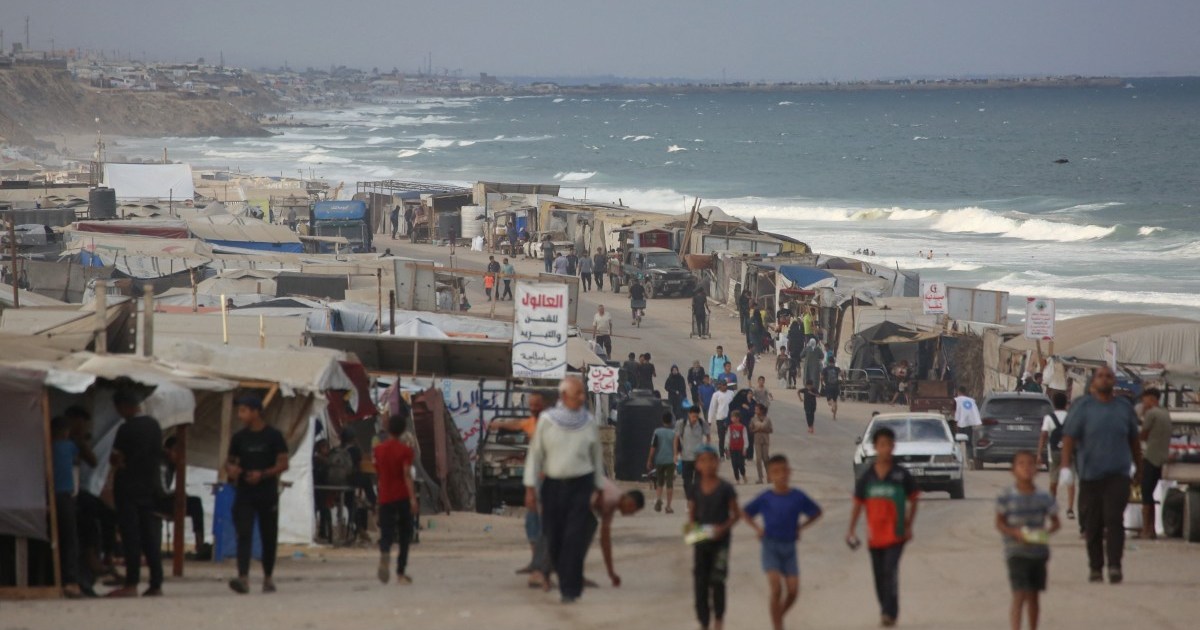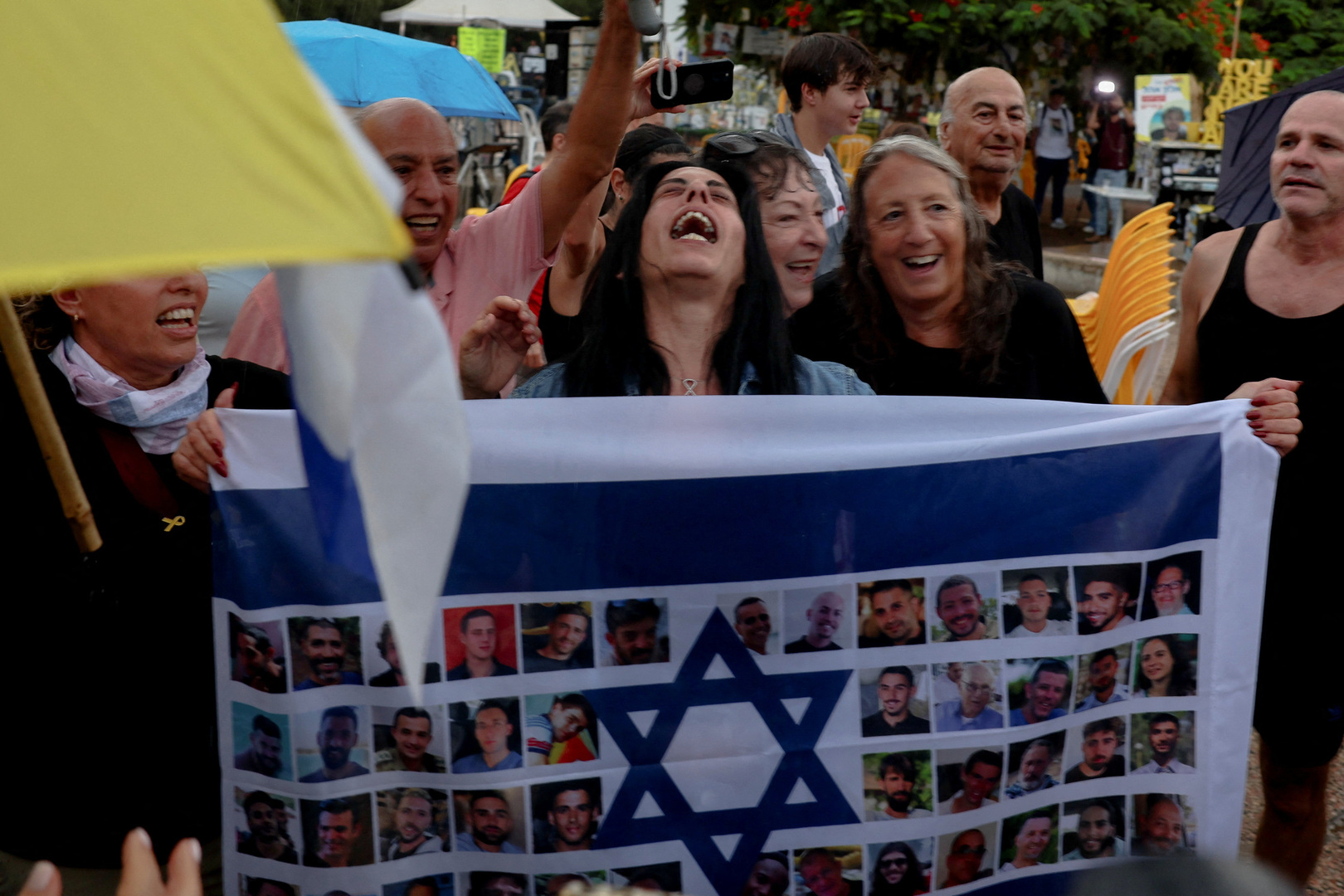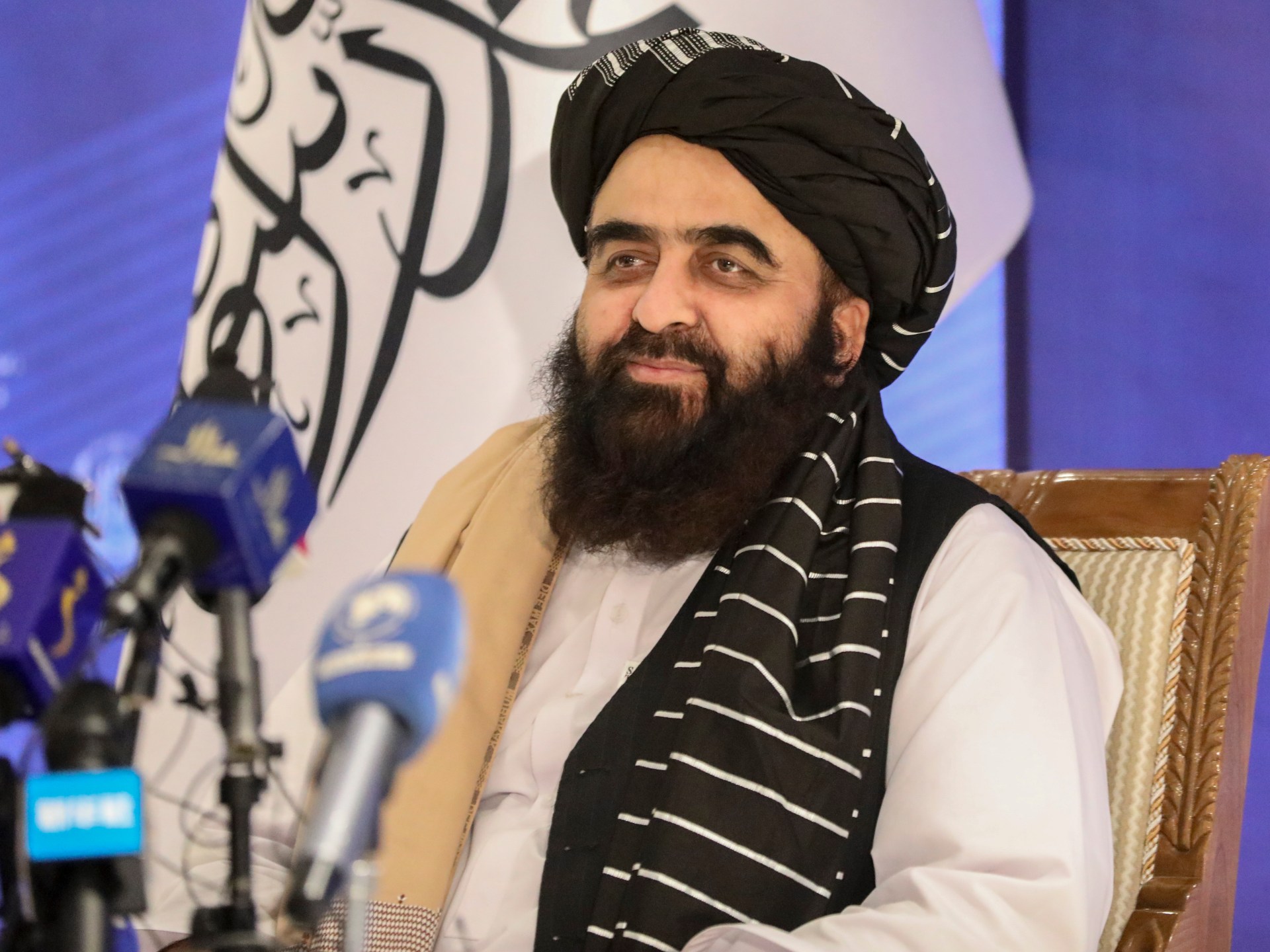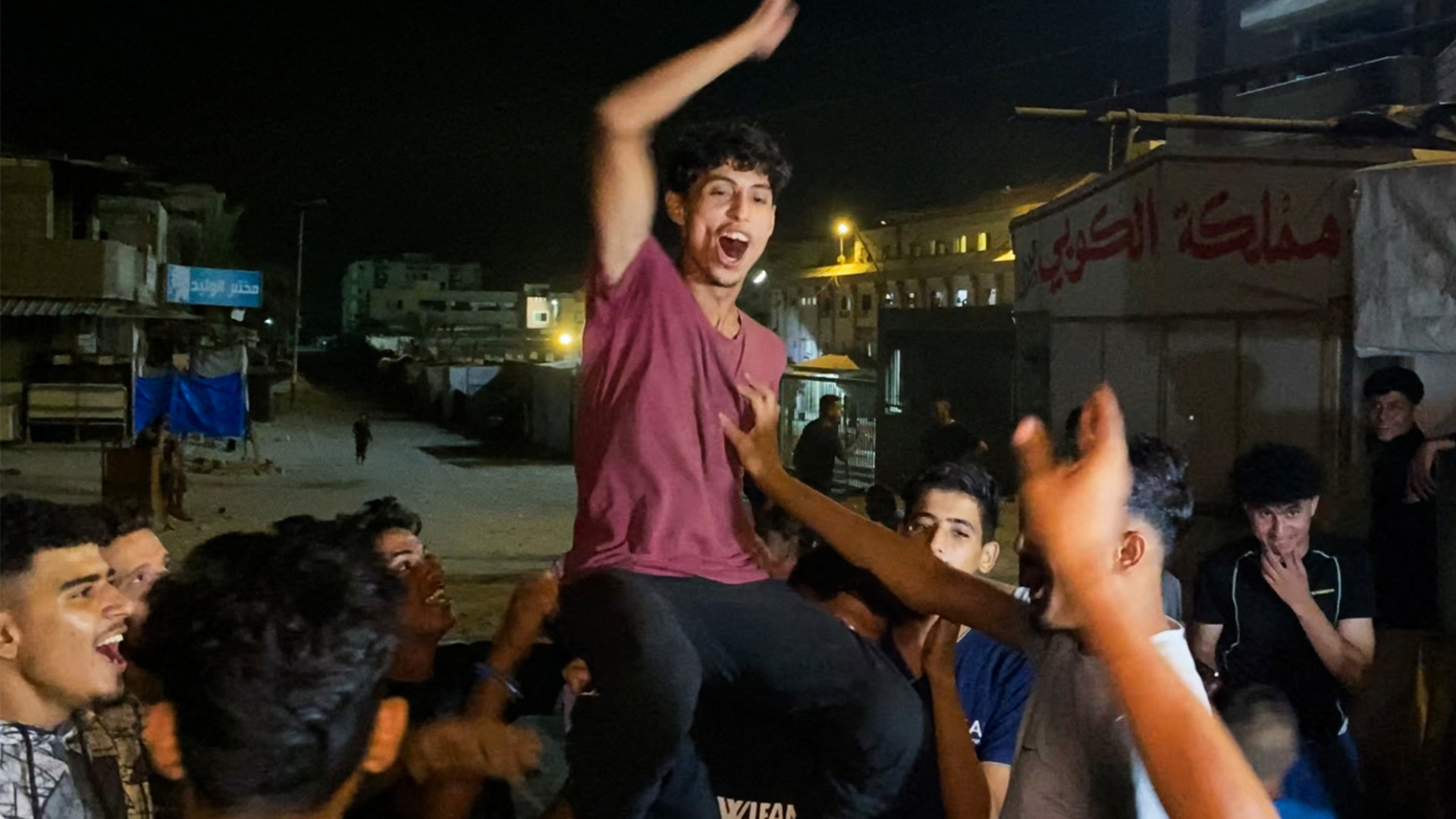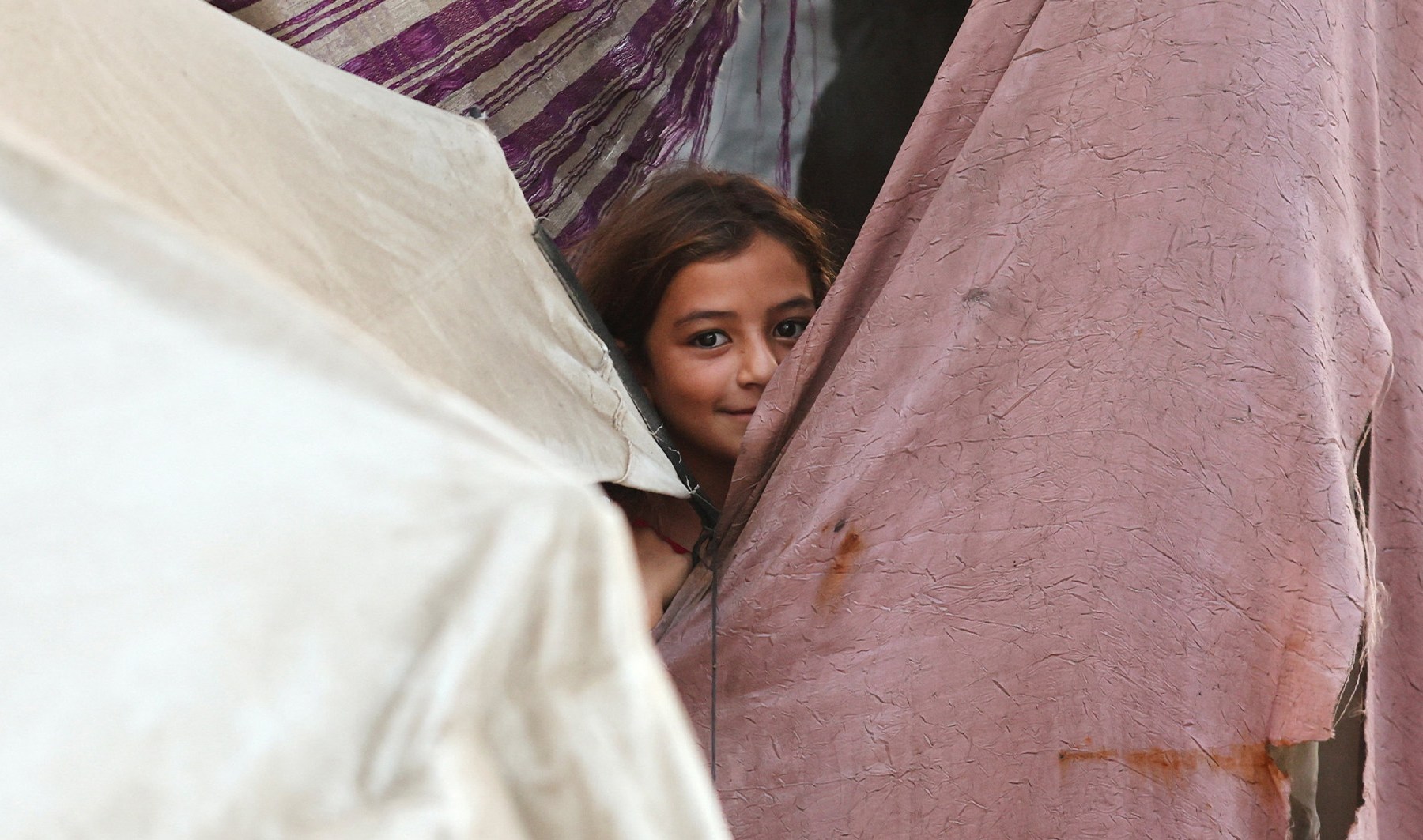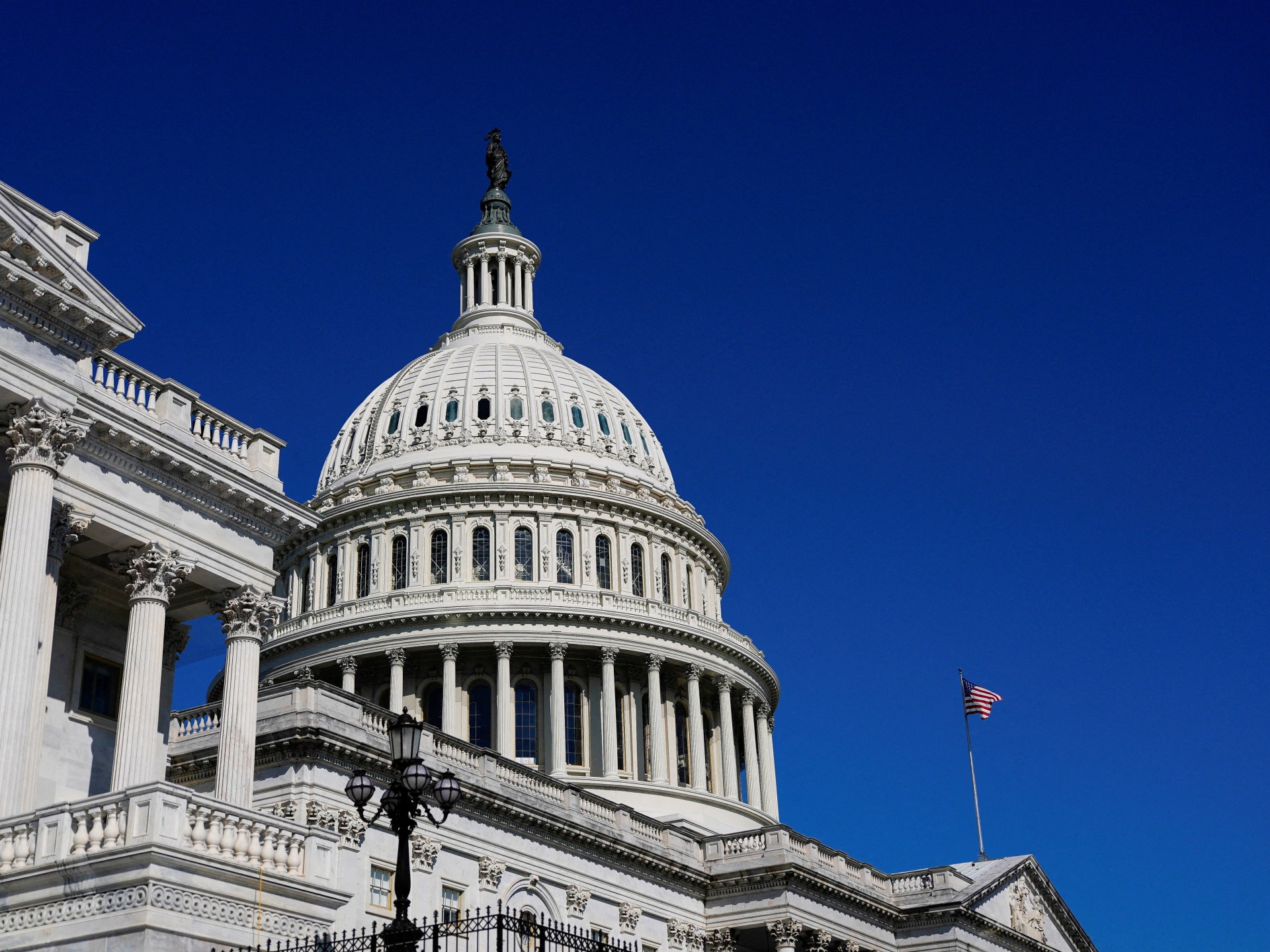Israel and Hamas have reached a Gaza ceasefire agreement to release remaining captives in exchange for Palestinian prisoners, marking a significant step towards ending Israel’s genocidal war that has caused tens of thousands of deaths and created a devastating humanitarian crisis in the besieged enclave.
The deal, following United States President Donald Trump’s 20-point Gaza peace plan announced last month, will be signed on Thursday in Egypt.
The agreement will allow increased humanitarian aid into Gaza after more than two years of war. Israeli forces have begun preparations to withdraw troops from Gaza as part of the arrangement.
Trump’s broader plan envisions Hamas disarmament and a transitional Gaza authority led by the president himself, though these aspects remain unaddressed in the current agreement.
A Hamas source told the AFP news agency the group will exchange 20 living captives simultaneously for nearly 2,000 Palestinian prisoners during the deal’s initial phase, with the exchange occurring within 72 hours of implementation.
The announcement triggered celebrations throughout Gaza, where extensive bombardment has displaced most residents multiple times over two years.
“Honestly, when I heard the news, I couldn’t hold back. Tears of joy flowed. Two years of bombing, terror, destruction, loss, humiliation, and the constant feeling that we could die at any moment,” displaced Palestinian Samer Joudeh told AFP. “Now, we finally feel like we’re getting a moment of respite.”
In southern Gaza’s Khan Younis, young people celebrated with singing and dancing.
Negotiations are taking place indirectly behind closed doors at a conference centre in Egypt’s Red Sea resort town of Sharm el-Sheikh. The low-key nature of these talks may indicate that deeper Israeli-Palestinian conflicts remain unresolved.
Qatar described the deal as the “first phase of the Gaza ceasefire agreement, which will lead to ending the war, the release of Israeli hostages and Palestinian prisoners, and the entry of aid”.
International pressure to end the conflict has intensified amid a United Nations-declared famine in Gaza and Israeli families’ desperate wait for their captive loved ones’ return.
